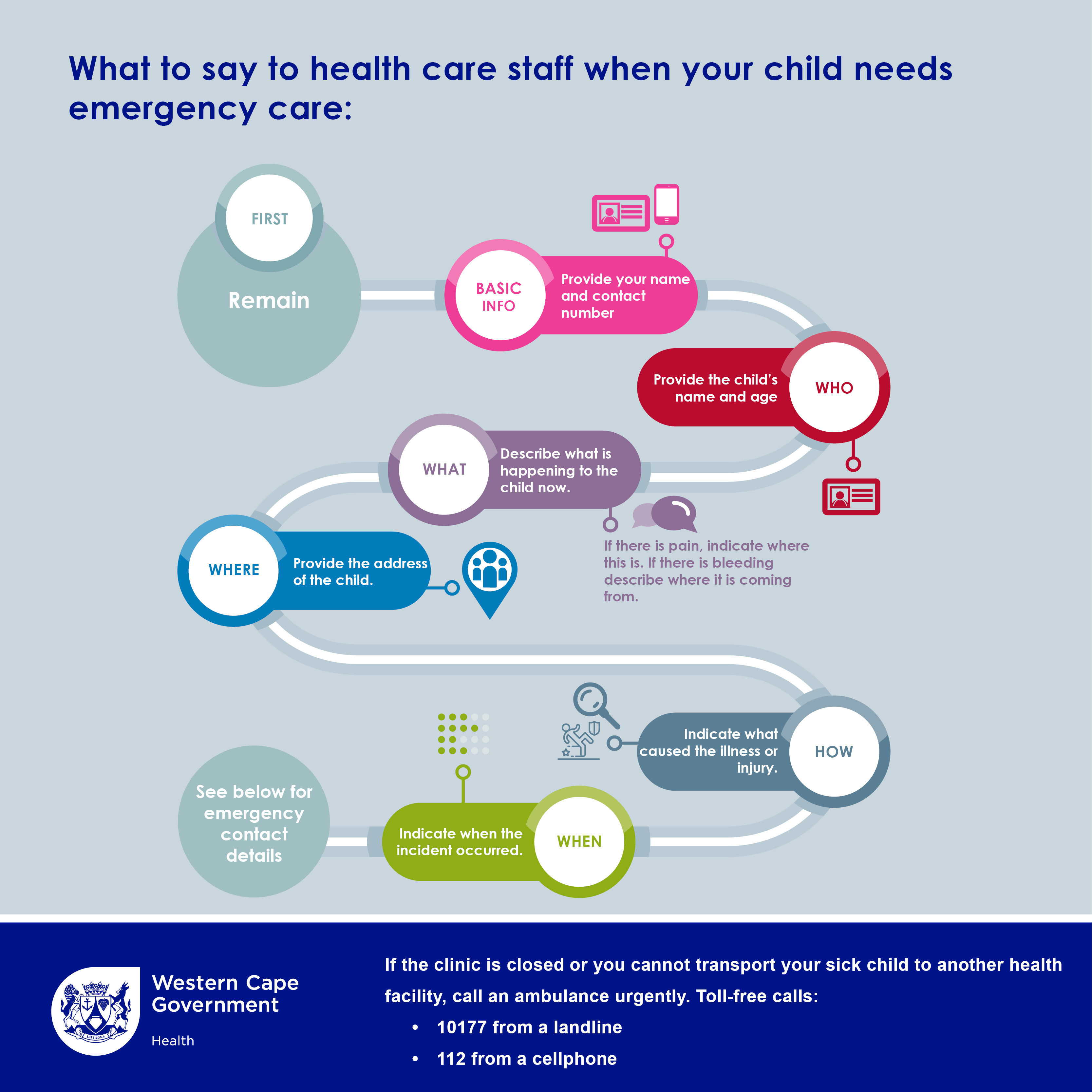
News
Pneumonia – when to seek emergency care for your child
Pneumonia is the most prevalent killer of children under the age of five years. Studies have shown that HIV-infected or HIV-exposed uninfected children have a higher risk of severe pneumonia and death compared to HIV-uninfected children. World Pneumonia Day is commemorated annually on 12 November, to raise awareness about pneumonia.
Pneumonia is an infectious respiratory disease affecting the lungs, wherein the lungs (alveoli) are filled with pus and fluid, causing difficulty in breathing due to limited intake of oxygen. The disease is caused by viruses, bacteria and fungi, which can spread through airborne droplets from a cough or a sneeze.
Western Cape Government Health treated 43 982 children younger than five years old for pneumonia from April 2019 to March 2020. During the same period 12 953 children under 5 were hospitalised with pneumonia. Twenty-nine deaths were recorded in facilities although many deaths also occurred at home.
“Pneumonia remains a very important, preventable cause of death in children globally causing around 650 000 deaths each year. Childhood pneumonia can also cause long term impairment of health, setting the stage for development of chronic illness into adulthood. Yet much pneumonia is treatable and preventable. Immunisation, good nutrition and avoiding exposure to smoke to pollution are key to preventing pneumonia in children. We’re fortunate that we have a very strong immunisation program in South Africa that contains the most effective vaccines for preventing pneumonia,” said Professor Heather Zar from Red Cross Children’s Hospital and UCT.
Prevention:
Adequate nutrition is important to improve children's natural defences. One way to ensure adequate nutrition is by starting with exclusive breastfeeding for the first 6 months of a child’s life. In addition to being effective in preventing pneumonia, nutrition also helps to reduce the length of the illness if a child does become ill. Addressing environmental factors such as indoor air pollution (by providing affordable clean indoor stoves, for example) and encouraging good hygiene in crowded homes also reduces the number of children who fall ill with pneumonia. Children who have mothers or family members who smoke also are much more susceptible to developing pneumonia and serious illness. Immunisation has been one of the most important advances in preventing pneumonia in children, and is also highly effective for preventing some forms of pneumonia in adults.
Signs and symptoms
The symptoms of pneumonia can develop suddenly over 24 to 48 hours, or they may come on more slowly over several days.
Common symptoms include:
- A cough which may be dry, or produce thick yellow, green, brown or blood stained mucus(phlegm)
- Difficulty breathing – child’s breathing may be rapid and shallow
- Rapid breathing
- High temperature
- Sweating and shivering
- Loss of appetite
- Chest pain – which gets worse when breathing or coughing
What to do should your child show any of these symptoms:
Take your child to your nearest clinic. If the clinic is closed or you cannot transport your sick child to another health facility, call an ambulance urgently: 10177 from a landline and 112 from a cellphone.
Nadia Ferreira
Principal Communications Officer
Garden Route and Central Karoo Districts
Western Cape Government Health
Tel: 076 379 5423
Email: Nadia.Ferreira@westerncape.gov.za


